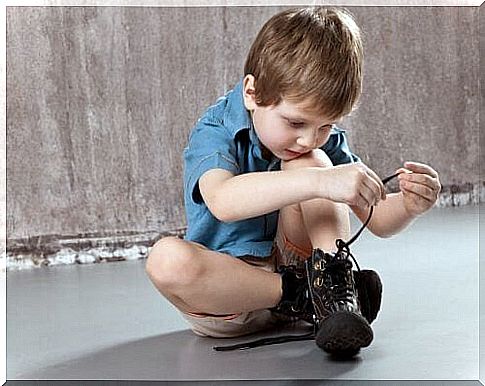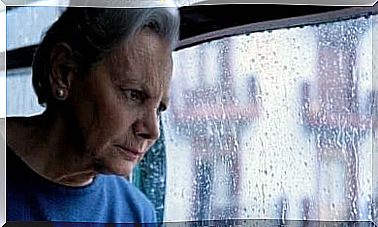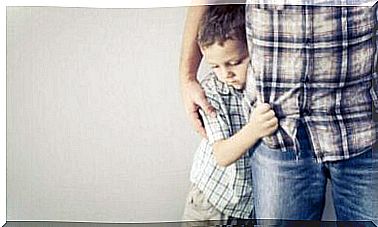Hyperactive Children: Trauma Or Childhood Stress?

There may be delicate realities behind hyperactive children, but sometimes we just medicate these behaviors. As striking as it may seem, we do so without first understanding the factors that drive certain behaviors. Some children suffer from stress, come from broken homes or have attachment problems.
We begin by pointing out that this is a very sensitive issue. It is sensitive to healthcare professionals while being complicated for families with children diagnosed with ADHD. First of all, there are many psychologists, psychiatrists and neurologists who believe that attention deficit disorders, with or without hyperactivity, do not exist.
This behavioral syndrome presents a wide range of manifestations. According to Murphy and Gordon (1998), it tends to affect 2-5% of children. It can manifest itself before the child turns 7 years old. If not properly diagnosed and treated, it is very likely that these children may suffer from anxiety disorders or even depression as adults.
Since the 19th century, we have known of early cases of hyperactive and impulsive children with attention problems. The British pediatrician Sir George Frederic Still (1868-1941) was the first person to describe this condition. Today, both clinical psychologists and psychiatrists continue to defend the existence of ADHD.
But there is one thing they emphasize above all else: the importance of a correct diagnosis.

Hyperactive children do not always have ADHD
There are nervous children who show challenging, violent and disruptive behavior at school. In the same way, there are also children who are restless and unable to show their full cognitive potential due to classroom conditions that do not suit their educational needs.
Thus, we have two very different realities that can not be classified in the same way under the term ADHD. Not all students who are lazy, unruly, disruptive or have tantrums fall into the same category. These children will greatly benefit from a specific curriculum adaptation to their behavioral syndrome.
However, other children need other types of help. In some cases, there may be some kind of trauma behind a hyperactive child. For example, it can be abusive, chaotic or broken family environments. In these cases, curricular adjustments or medications will not help.
A well-known study
Nicole Brown is a child psychiatrist who works at John Hopkins Hospital in Baltimore. Her special study was published by various media for a very specific purpose: To raise awareness of the need for more precise, sensitive and adequate diagnoses.
At an annual meeting of a children’s community, Dr. Brown presented the information she had gathered. She reported that many children diagnosed with ADHD were not hyperactive. These children were actually very alert and stressed. In other words, they showed signs of trauma.
In these cases, neither behavioral therapy nor stimuli worked . These were more delicate situations. She discovered that the causes of these children’s hyperactivity were nothing more than dysfunctional families or traumatic events that these children suffered at one point.

The importance of a correct diagnosis
Doctors Marc Ferrer, Oscar Andión and Natalia Calvo conducted an interesting study. The purpose was to distinguish symptomatology in adulthood from trauma, borderline personality disorders and ADHD. We know that trauma causes behaviors similar to hyperactivity. As the child grows and becomes an adult, the effects are much more adverse.
- Therefore, it is important to discover these types of realities at an early age.
- Inattentive, impulsive and nervous behavior is not always a sign of ADHD. This is something teachers, as well as anyone who works with children on a daily basis, should know.
- Sometimes there is adversity, family disorder and childhood stress behind hyperactive children.
- Therefore, good professionals, child psychiatrists and clinical psychologists know that they should also consider a child’s family and the complex environment in which they live.

In the same way, we should also point out another important aspect. Parents of children who have been correctly diagnosed with ADHD know that they are not responsible for this syndrome. However, they have a difficult process ahead of them. With the help of the school, they have to take care of the special needs of the hyperactive child.









